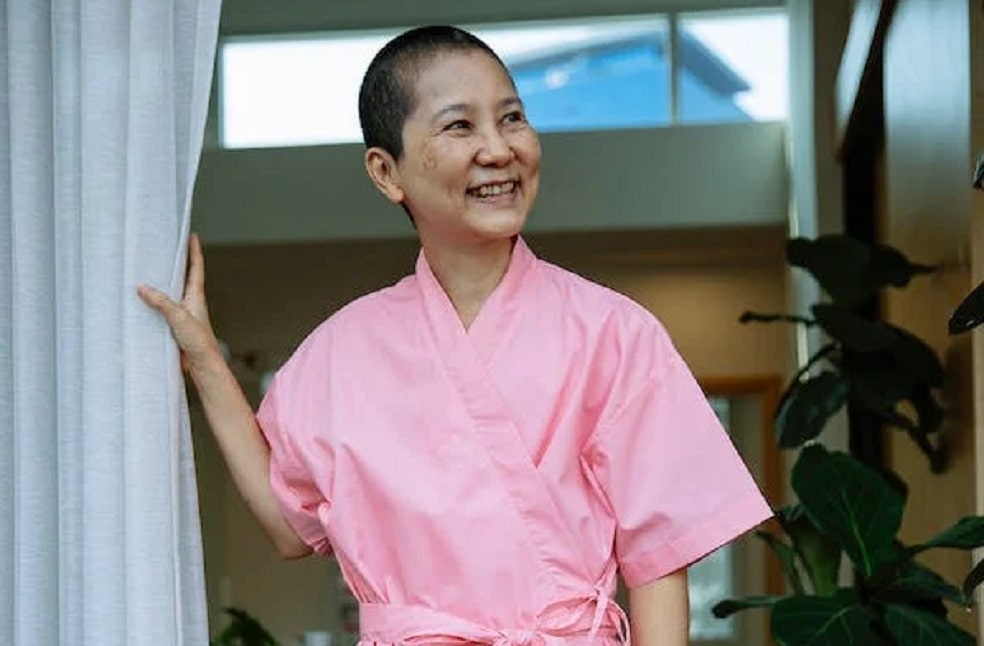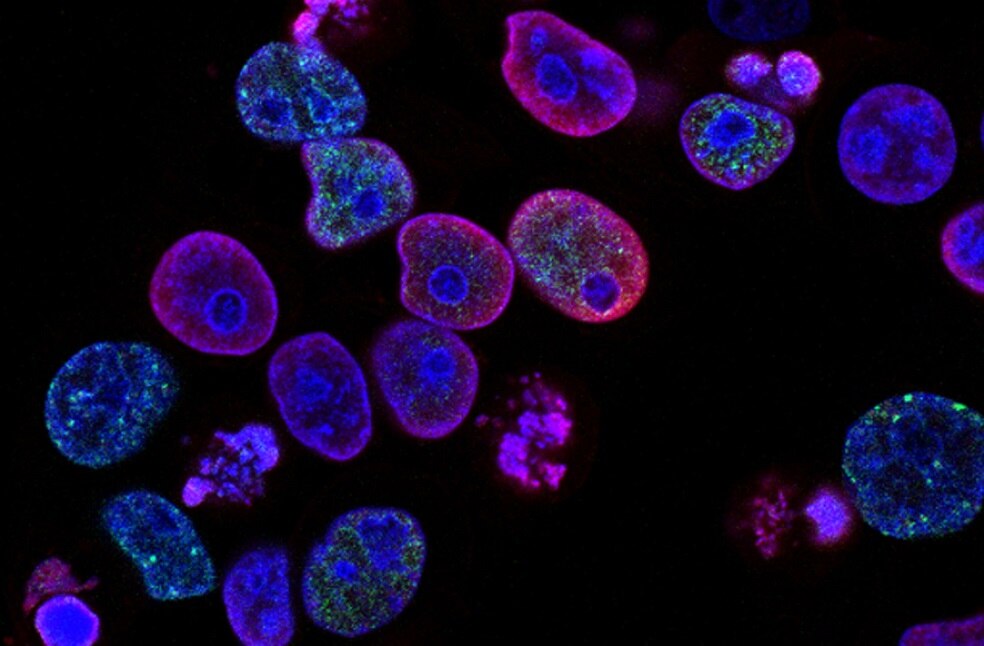United States: A potential breakthrough in breast cancer treatment has emerged with the introduction of a new drug called ribociclib. This blockbuster medication, presented at the prestigious American Society of Clinical Oncology (Asco) annual meeting, shows promising results in extending the lives of women diagnosed with the most common form of breast cancer. Additionally, it significantly reduces the risk of cancer recurrence by a remarkable 25 percent.
The recent study on ribociclib presents an encouraging prospect for breast cancer patients. This targeted therapy drug has previously shown its effectiveness in prolonging survival for those with advanced-stage breast cancer. However, the groundbreaking aspect of this research lies in the revelation that ribociclib could also benefit patients in earlier stages, including those with non-spread cancer that has not yet affected the lymph nodes.

The findings have generated excitement among researchers and oncologists attending the Asco annual meeting in Chicago. The study suggests that ribociclib, also known as Kisqali, could potentially prevent cancer recurrence in a wide range of patients and revolutionize global medical practices.
Ribociclib is classified as a targeted therapy, specifically a small molecule inhibitor. It works by targeting proteins known as CDK4 and CDK6 found in breast cancer cells, effectively regulating their growth, including the growth of cancer cells.
In a late-stage trial, the drug demonstrated a remarkable 25 percent reduction in the risk of recurrence when used in combination with standard hormone therapy, as opposed to hormone therapy alone, following conventional treatments.

Regulatory authorities, including those in the UK and US, have already approved ribociclib for the treatment of breast cancer that has spread to other parts of the body. However, the groundbreaking aspect of this research lies in its potential application in earlier stages when tumors can still be surgically removed. This breakthrough has the potential to impact a significant number of patients, making it a highly significant development in the field of breast cancer treatment.
Standard treatment for breast cancer typically involves surgery and additional therapies such as chemotherapy or radiation. Hormone blocking drugs are then prescribed to reduce the likelihood of cancer recurrence. The addition of ribociclib to hormone therapy has shown a significant improvement in disease-free survival times for patients with hormone receptor-positive, HER2-negative early-stage breast cancer, according to the study.



